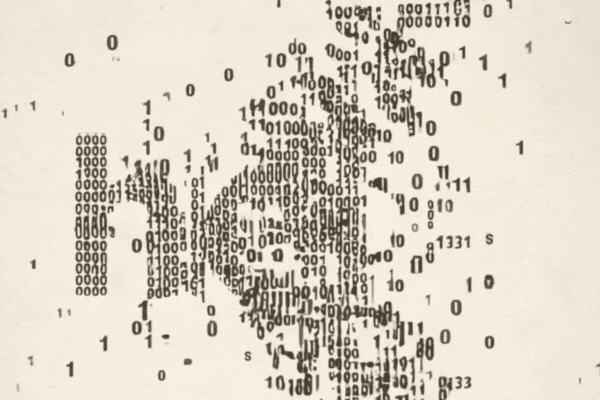August 26, 2025, marks what would have been the 90th birthday of Karen Spärck Jones, a trailblazing British computer scientist whose groundbreaking work laid the foundation for the way we interact with information today.
Long before the rise of Siri or ChatGPT, Spärck Jones was envisioning a world where machines could understand language the way humans do.
From pioneering inverse document frequency (IDF) to pushing the boundaries of natural language processing (NLP), her contributions shaped modern search engines and the field of computational linguistics.
But beyond the algorithms and equations, she was also a passionate advocate for women in tech, a voice that insisted computing was too important to be left to men alone.
Laying the Groundwork for Search
Karen Spärck Jones entered the field of computer science through an unconventional path. With a background in history and an early career in teaching, she found her way into language research at Cambridge, inspired in part by her husband’s work.
In 1964, she published Synonymy and Semantic Classification, a paper now considered seminal in the development of NLP. Her early vision centered on making computers adapt to human language rather than forcing humans to learn programming syntax.
Then came the game-changer, IDF.
A concept introduced in her 1972 paper, IDF transformed the way we rank and retrieve information. By marrying linguistics with statistical modeling, she developed a method for weighing the importance of words in documents, enabling systems to better understand context and relevance.
Today, that very concept underpins every major search engine, handling billions of queries daily with uncanny precision.
A Legacy Beyond the Code
Spärck Jones was also a cultural pioneer, understanding that the future of computing couldn’t be fully realized without diverse perspectives.
Throughout her career, she championed the inclusion of women in science and technology, famously declaring,
“Computing is too important to be left to men.”
From her time at the Cambridge Computer Laboratory to her involvement in the U.K.’s Alvey Program, she shaped research initiatives and constantly pushed for a more inclusive, intuitive relationship between humans and machines.
Since 2008, the Karen Spärck Jones Award has honored rising stars in NLP and information retrieval as a testament to her enduring influence.
The Wrap
As we celebrate the 90th anniversary of Karen Spärck Jones’ birth, we remember a woman whose vision helped shape the digital age.
Discontent with teaching humans to speak the language of machines, she wanted machines to understand us. In doing so, she changed the course of technology forever with a legacy that persists in every search query, voice assistant, and natural language model.
Go Deeper -> Karen Spärck Jones: The Search Engineer Enabler – History of Data Science






